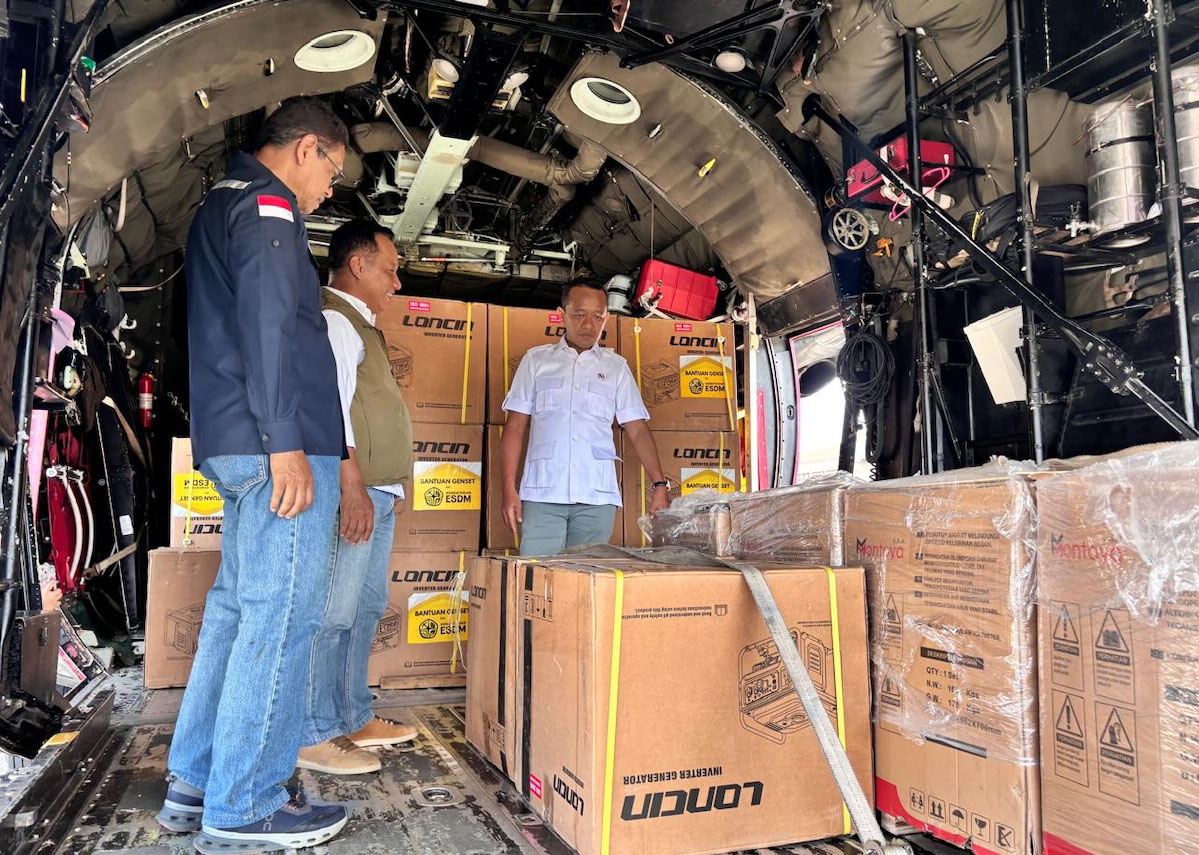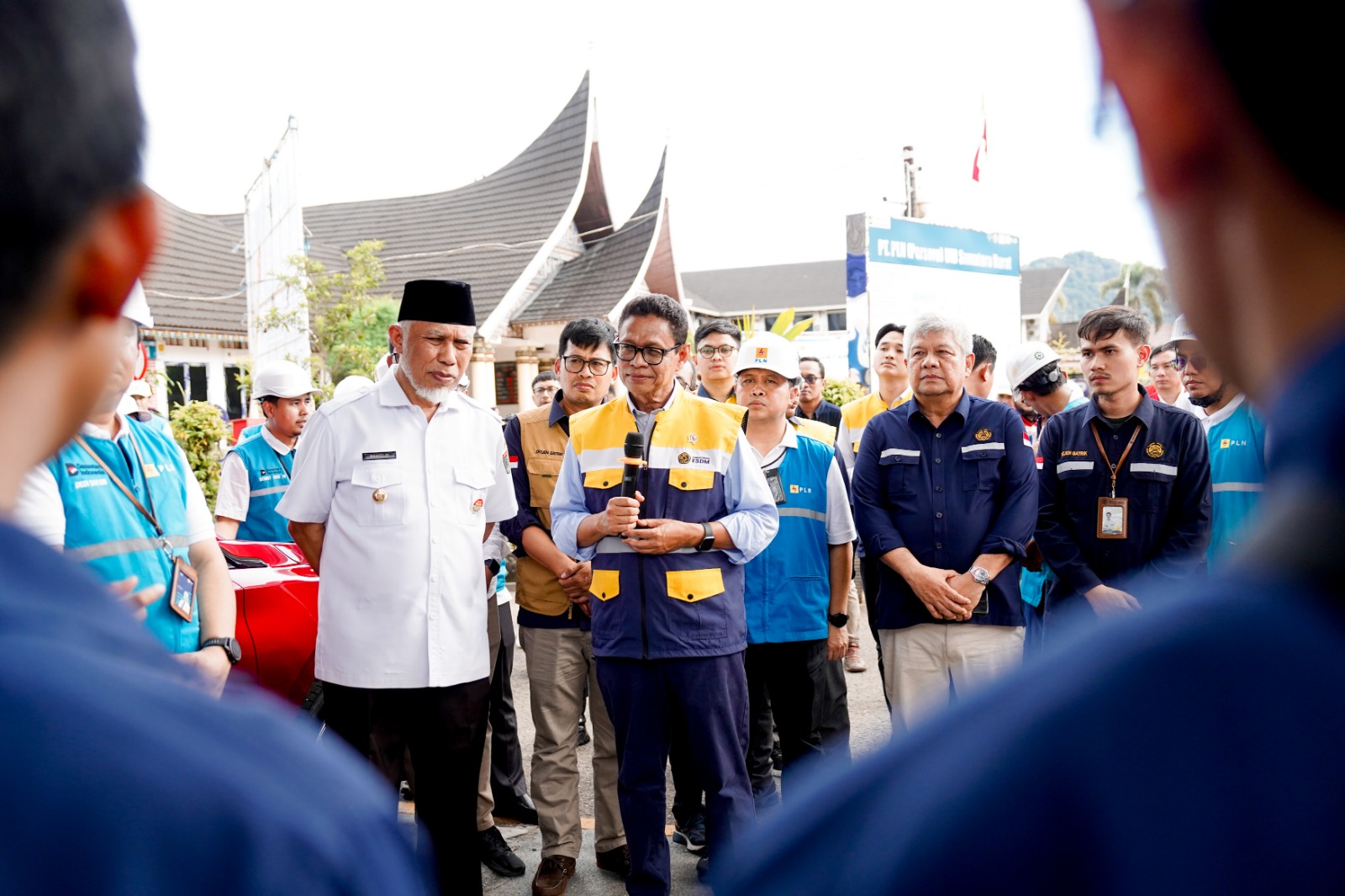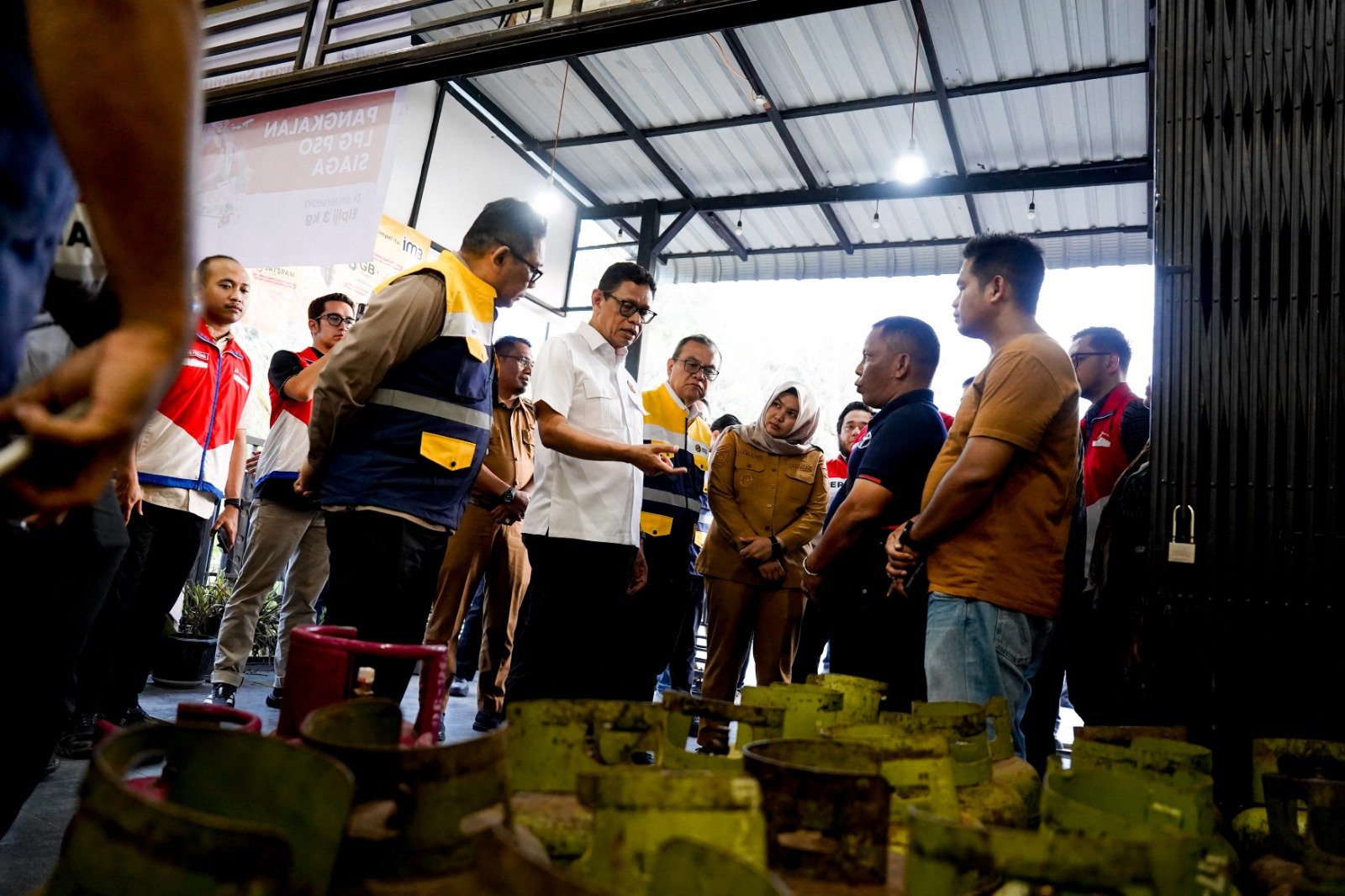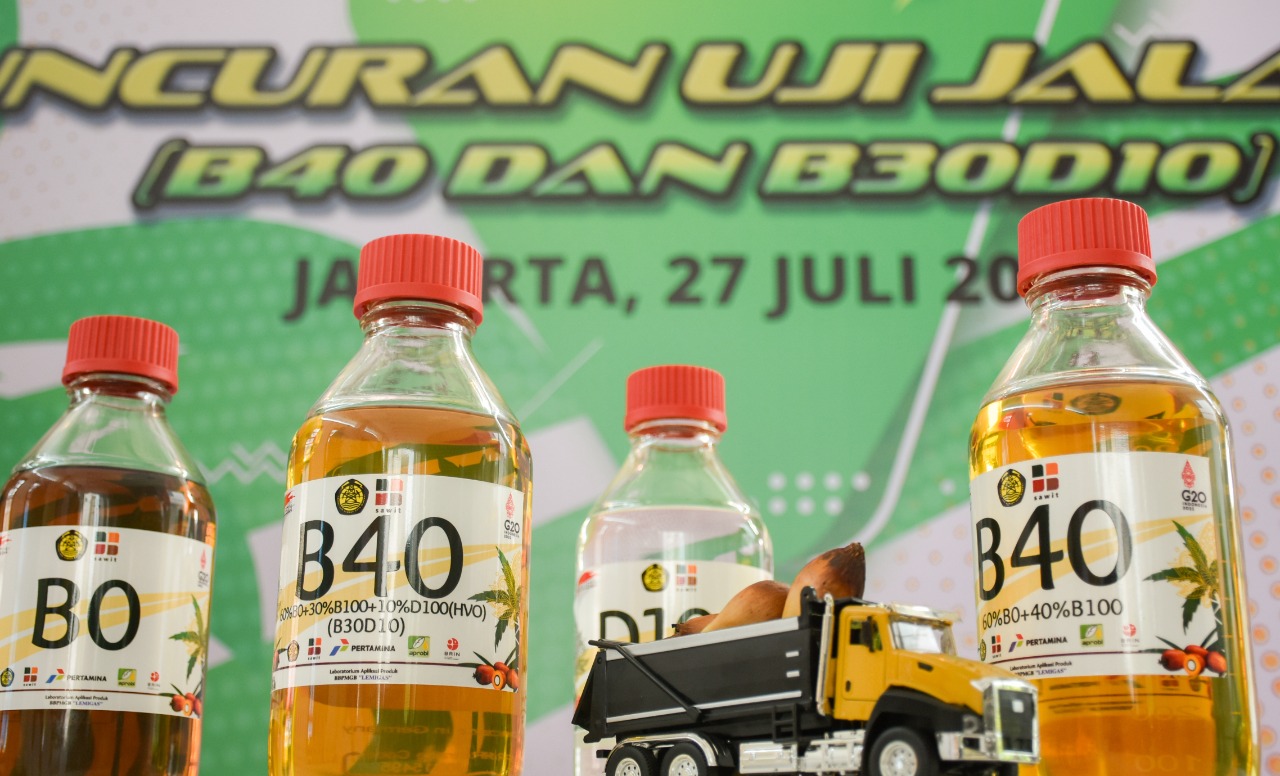China’s Economy Continues to Recover, January HBA Grows to USD75.84 per Tonne
MINISTRY OF ENERGY AND MINERAL RESOURCES
PRESS RELEASE
NUMBER: 002.Pers/04/SJI/2021
Date: 4 January 2021
China's Economy Continues to Recover, January HBA Grows to USD75.84 per Tonne
The Indonesia coal benchmark price (HBA) has continued to show a positive trend in early 2021. The Minister of Energy and Mineral Resources (EMR) Arifin Tasrif has set the January HBA at USD75.84 per tonne, up by USD16.19 per tonne or 27.14% than December 2020 HBA of USD59.65 per tonne.
Head of Bureau of Communication, Public Information Services, and Cooperation of Ministry of EMR Agung Pribadi informed the factor that has boosted the commodity's price. "After economic activites have been limited for almost a year, the market has started to recover, especially in China," said Agung in Jakarta on Monday (4/1).
Agung went on to say that China holds a key role in influencing coal price because the country is Indonesia's main market after India. "Currently, there is tension in trade relations between China and Australia. This sentiment has even strengthened price hike," he said.
With this rise, the HBA is moving towards the psychological level after it had been low throughout 2020 due to the Covid-19 pandemic. "The average HBA in 2020 was USD58.17 per tonne, the lowest since 2015," said Agung.
Agung detailed that the HBA in January 2020 was set at USD65.93 per tonne. After picking up by 0.28% at USD67.08 per tonne in March compared to February HBA of USD66.89 per tonne, it fell in April (USD65.77), May (USD61.11), June (USD52.98), July (USD52.16), and August (USD50.34). "The lowest was in September, when price was set at USD49.42 per tonne," Agung explained.
The coal benchmark rebounded in the last three months of 2020, namely in October (USD51), November (USD55.71), and December (USD59.65). "Supply and demand remain the key factors of change (in price) besides Covid-19 which has not been fully controlled," said Agung.
For the record, the derivative factors of supply include season (weather), mine technicalities, supplier country policies, and supply chain technicalities such as freight train, barge, and loading terminal.
Meanwhile, the derivative factors of demand cover electricity demand which has been low correlating with industrial conditions, import policies, and competition with other energy commodities such as LNG, nuclear, and hydro energy.
The January HBA will be used in spot trading on Free on Board (FOB) the vessel basis. (IY)
Head of Bureau of Communication, Public Information Services, and Cooperation
Agung Pribadi (081122135)
Share This!






